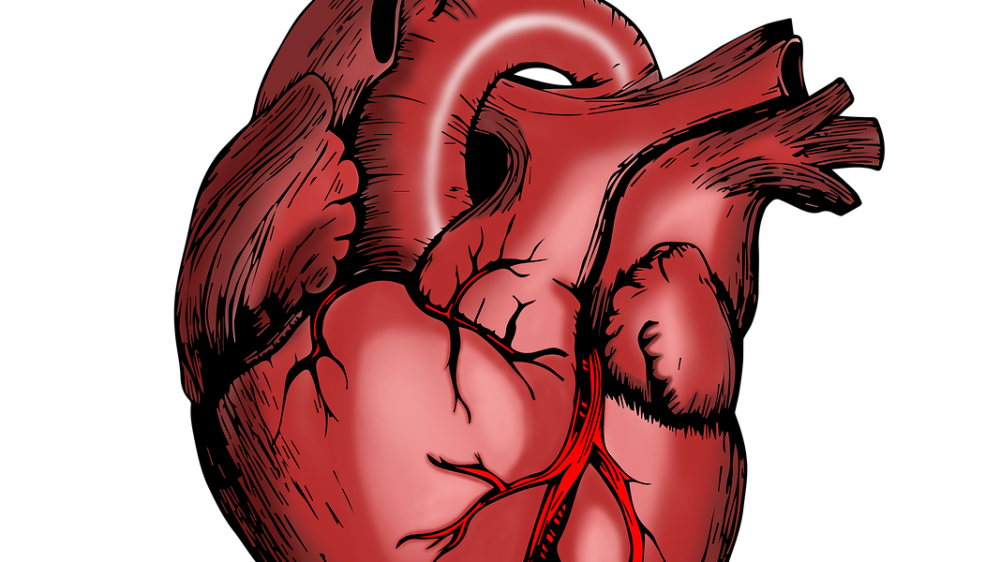
posted 23rd August 2024
உறவுகளின் துயர் பகிர்வு
How to Improve Cardiovascular Health?
Improving cardiovascular health is essential for minimising the risk of heart diseases, such as ischaemic heart disease and its related complications. 8 easy steps may guide to combat impending complications.
The first one is, Regular Physical Activity
Aerobic Exercise: Engage in at least 150 minutes of moderate-intensity aerobic activity (such as, brisk walking, swimming, cycling) or 75 minutes of vigorous-intensity exercise (such as, running, aerobics) weekly.
Strength Training: Integrate strength training exercises (such as, lifting weights, resistance bands) every two weeks to improve metabolism and tone of muscles.
Daily Movement: Integrate more movement, such as walking during breaks, and avoiding prolonged sitting.
Flexibility and Balance: Include stretching or yoga to enhance flexibility and balance.
The second one is, Healthy Diet
Fruits and Vegetables: Promoting health by consuming increased amounts of fruits, vegetables, and whole grains. They contain rich in fiber, vitamins, and minerals.
Healthy Fats: are found in olive oil, nuts, seeds, and avocados and can reduce trans fats and saturated fats.
Lean Proteins: Choose lean protein sources such as poultry, fish, beans, and legumes.
Limit Sugar and Salt: Minimize intake of sugars and high-sodium foods to prevent hypertension and related cardiovascular risks.
The third one is, Weight Management
Healthy Body Weight: Maintaining a healthy body weight is crucial for minimising heart strain and thereby lowering the risk of cardiovascular diseases.
Balanced Calorie Intake: Ensure calorie intake aligns with activity levels, focusing on nutrient-dense foods to avoid excessive weight gain.
The fourth one is, Control Blood Pressure and Cholesterol
Blood Pressure: Regularly check blood pressure and take steps to control it through diet, exercise, and medications if necessary.
Manage Cholesterol: Control of cholesterol levels by consuming more heart-healthy fats (e.g., omega-3 fatty acids).
The fifth one is, Stop Smoking*
Eliminate Tobacco Use*: Smoking should be stopped. Smoking is harmful to the body forming deposition of fat inside the blood vessels. This leads to hypertension, heart disease and stroke.
The sixth one is, Stress Management*
Stress Reduction Techniques: such as meditation, deep breathing, or hobbies to lower stress levels and protect the heart.
Work-Life Balance*: Prioritize work-life balance and get sufficient rest and relaxation to prevent chronic stress, which can negatively affect the heart.
The seventh one is, Adequate Sleep*
Quality Sleep*: 7–9 hours of quality sleep each night, as poor sleep is linked to an increased risk of heart disease, high blood pressure, and obesity.
The eighth one is, Limit Alcohol Consumption
Moderation: Drink alcohol in moderation, if at all. Excessive alcohol consumption can lead to high blood pressure, obesity, and cardiomyopathy.
By consistently adopting these habits, individuals can significantly improve their cardiovascular health and reduce the risk of heart-related illnesses.

















